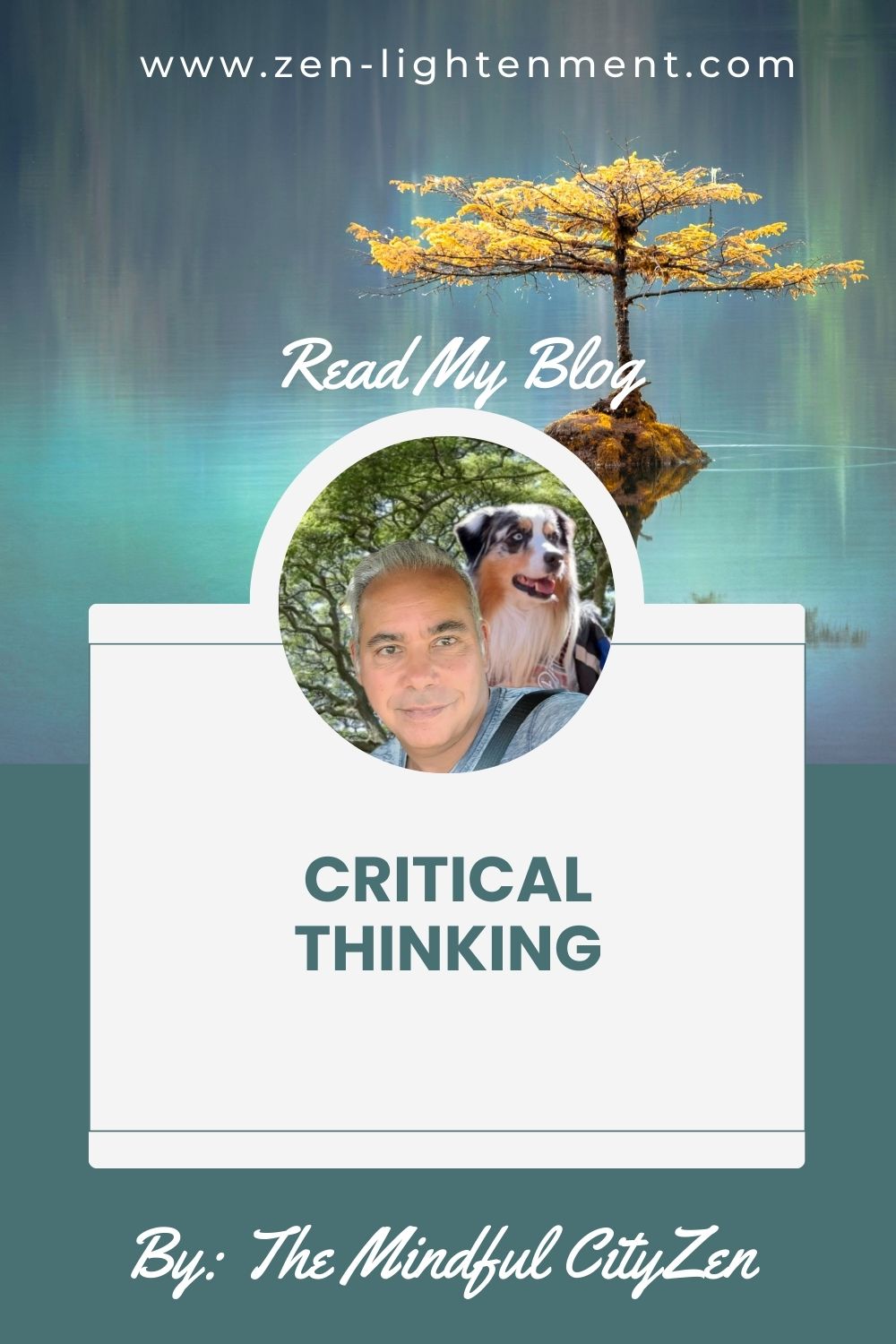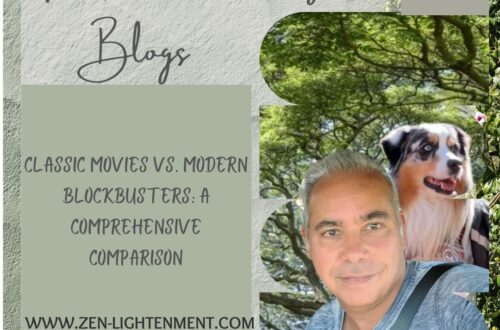Conflict Resolution: Finding Peaceful Solutions
Introduction
Coming from a large family, conflict was always on the menu. Most of the time it was minor conflicts that were resolved easily, however, some conflicts could/would take days or weeks to resolve after divine intervention (if you know what I mean). In the workplace, conflicts were less but more intense, and had to be resolved in a timely manner before HR got wind of them. The most important issue I learned about conflicts was lack of communication. The people involved stopped communicating. And, that my friend is not how you solve conflict.
Conflict is an inevitable part of human interaction. Whether in personal relationships, workplaces, or communities, disagreements can arise and escalate if not handled effectively. Conflict resolution is the process of resolving disputes, while communicating your differences and finding mutually satisfactory solutions. In this blog, we will explore the importance of conflict resolution and provide practical tips for successfully managing conflicts in various contexts.
Conflicts can arise due to differences in opinions, values, interests, or goals. They are triggered by miscommunication, misunderstandings, or competition. Lets address these issues in a constructive manner through conflict resolution and seek to find common ground and promote understanding & cooperation.
Understanding the Benefits of Conflict Resolution
Improved Relationships: Conflict resolution techniques help foster healthier relationships by addressing underlying issues and finding resolutions that satisfy all parties involved. By promoting open dialogue, empathy, and active listening, conflicts can be transformed into opportunities for growth and understanding.
Enhanced Productivity: Unresolved conflicts can hinder productivity and teamwork. By employing conflict resolution strategies, individuals can focus on shared goals, collaborate effectively, and harness diverse perspectives to drive innovation and success.
Reduced Stress: Conflict can be emotionally draining and lead to stress and anxiety. Resolving conflicts promptly and effectively reduces tension, creating a more positive and harmonious environment. It promotes psychological well-being and boosts morale among individuals involved.
Promoted Learning and Growth: Conflict resolution encourages individuals to engage in reflective thinking, self-awareness, and personal growth. By exploring different viewpoints, individuals can broaden their perspectives and develop stronger problem-solving skills.
Strategies for Effective Conflict Resolution
Open and Respectful Communication: Create a safe space for dialogue, allowing each party to express their thoughts and feelings without judgment. Active listening, paraphrasing, and using “I” statements can promote understanding and de-escalate conflicts. But, continue with the communications, in a respectful manner.
Seek Common Ground: Identify shared interests and goals to find mutually beneficial solutions. Focus on collaboration rather than competition, emphasizing cooperation and compromise.
Explore Different Perspectives: Encourage all parties involved to consider alternative viewpoints. This helps to develop empathy and understanding, paving the way for creative solutions that address the underlying causes of conflict.
Brainstorm and Evaluate Options: Generate a variety of possible solutions and evaluate their feasibility and impact. Consider the short-term and long-term consequences of each option and choose the one that best aligns with the interests of all parties involved.
Mediation and Facilitation: In more complex conflicts, involving a neutral third party can help facilitate the resolution process. A skilled mediator can guide the discussion, ensure fairness, and help the parties find common ground.
Conclusion
Conflict resolution is an essential skill that allows individuals to navigate disagreements effectively and maintain harmonious relationships. By promoting open communication, empathy, and collaboration, conflicts can be transformed into opportunities for growth and understanding. Remember that conflicts are a natural part of life, but how we approach and resolve them determines the outcomes. By embracing conflict resolution techniques, we can create a more peaceful and cooperative world.
None of the information in my blogs posts should be considered, or accepted as professional advice. It is based on personal experiences, and is for reading purposes only.


You May Also Like

How to Avoid Being an Annoying Tourist While Dining Abroad
June 6, 2024
Understanding Different Types of Collagen and Their Absorption
June 4, 2024